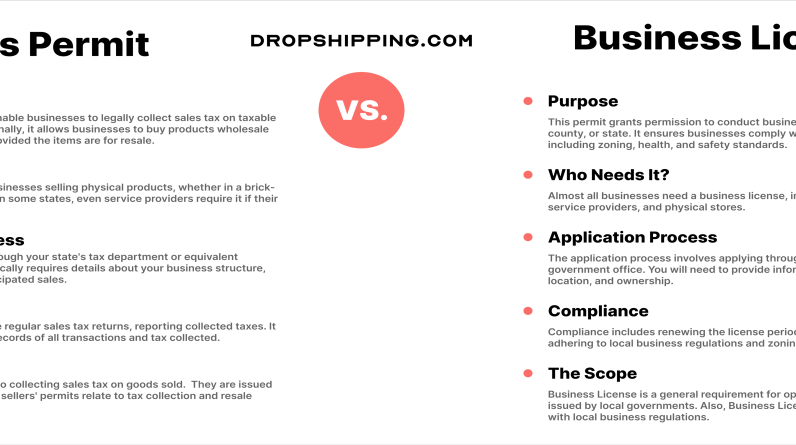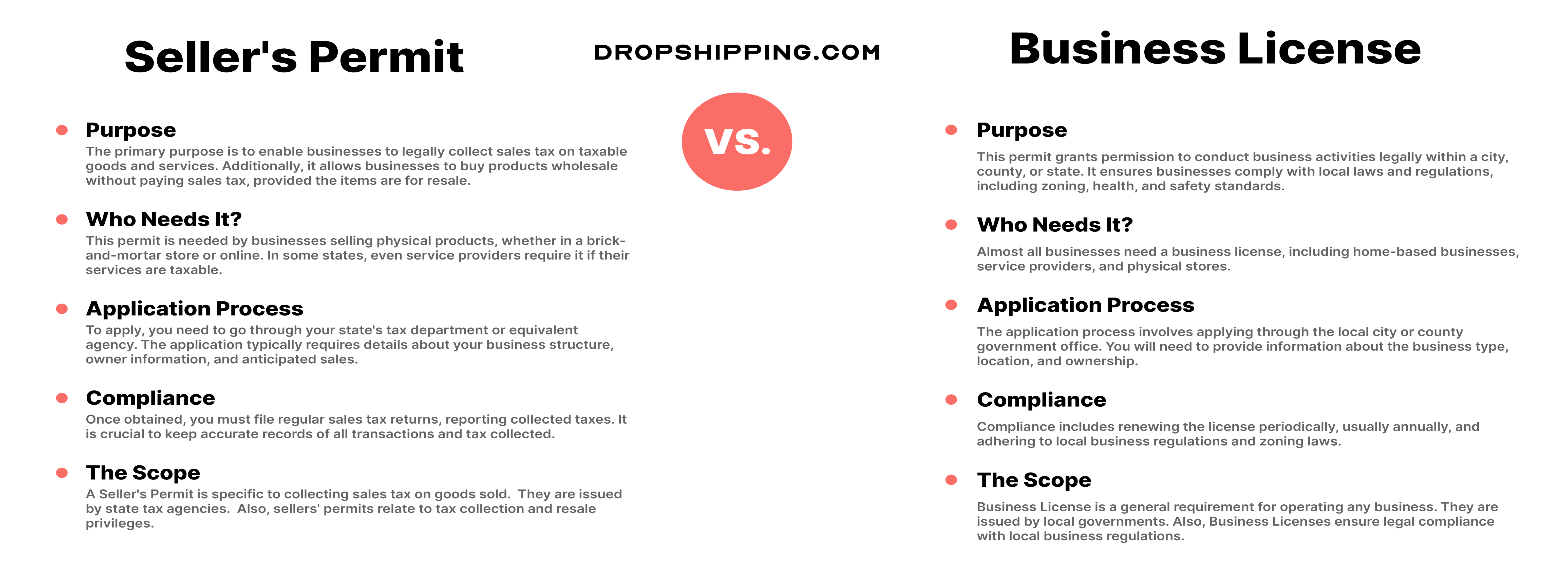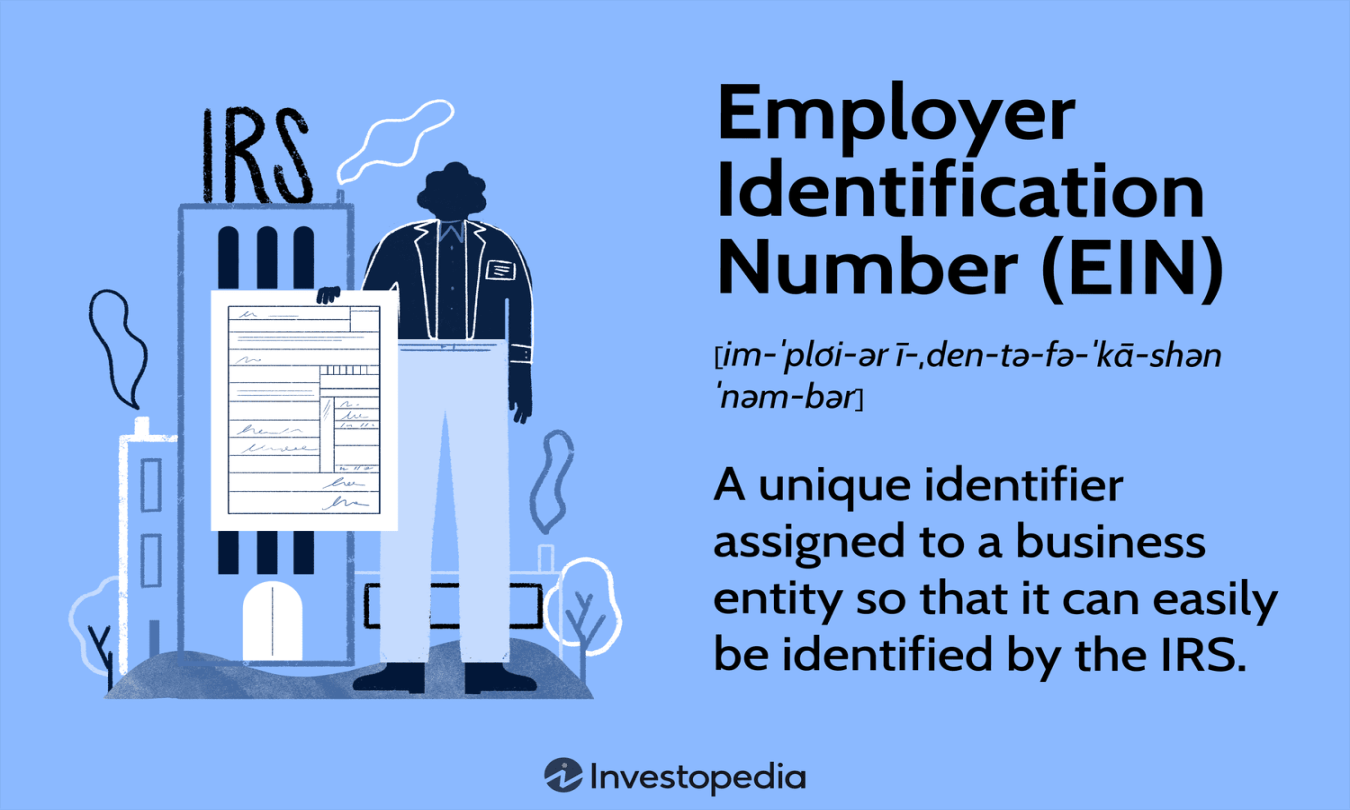
Unraveling the Mystery: Business License vs EIN
Starting a business can be an exciting and rewarding endeavor, but it can also be overwhelming with all the paperwork and legalities involved. One of the key things that often confuses new business owners is the difference between a business license and an Employer Identification Number (EIN). Understanding the distinction between these two important aspects of running a business is crucial for ensuring that your business is operating legally and smoothly. So, let’s unravel the mystery of the business license vs EIN.
A business license is a permit issued by the government that allows individuals or companies to conduct business within a certain jurisdiction. It serves as a way for the government to regulate businesses and ensure that they are operating in compliance with local laws and regulations. Depending on the type of business you have and where it is located, you may need to obtain a business license from the city, county, or state government. Business licenses typically need to be renewed annually and may come with a fee.

On the other hand, an EIN is a unique nine-digit number assigned by the Internal Revenue Service (IRS) to businesses for tax purposes. Think of it as a social security number for your business. An EIN is used to identify your business when filing taxes, opening a business bank account, applying for business credit, and hiring employees. Even if you are a sole proprietor with no employees, having an EIN can help protect your personal information and establish credibility with vendors and customers.
So, why is it important to distinguish between a business license and an EIN? Well, for starters, they serve different purposes and are required by different entities. A business license is issued by the government to ensure compliance with local laws, while an EIN is assigned by the IRS for tax purposes. Failing to obtain a business license could result in fines or even the closure of your business, while not having an EIN could lead to tax issues and complications with hiring employees.
When starting a business, it’s essential to determine whether you need a business license, an EIN, or both. This will depend on factors such as the type of business you have, where it is located, and whether you have employees. Researching the requirements in your area and seeking guidance from legal and financial professionals can help ensure that you are following the necessary steps to properly establish your business.

In conclusion, distinguishing between a business license and an EIN is crucial for new and existing business owners. Understanding the purpose and requirements of each can help you navigate the complex world of business ownership with confidence and peace of mind. So, take the time to unravel the mystery of the business license vs EIN and ensure that your business is on the right track for success.
Clearing Up Confusion for Small Business Owners
Navigating the world of small business ownership can be a daunting task, especially when faced with the myriad of rules, regulations, and acronyms that come along with it. Two of the most commonly confused aspects of starting a business are obtaining a business license and an Employer Identification Number (EIN). While both are essential for running a legitimate business, they serve different purposes and it’s important for small business owners to understand the distinctions between the two.
Let’s start by clarifying what each of these documents entails. A business license is a permit issued by a local government or regulatory agency that allows individuals or companies to operate within a specific jurisdiction. This license grants permission to conduct business activities such as selling products or services, renting office space, or manufacturing goods. On the other hand, an EIN is a unique nine-digit number assigned by the Internal Revenue Service (IRS) to identify a business entity for tax purposes. Essentially, an EIN is like a social security number for your business.
One of the main differences between a business license and an EIN is their respective purposes. While a business license is needed to legally operate within a specific area, an EIN is required for tax reporting purposes. This means that even if you don’t need a physical location for your business, you will still need an EIN to file taxes, open a business bank account, or hire employees.
Another key distinction between the two is the process of obtaining them. For a business license, you will typically need to apply through your local city or county government office. The requirements and fees for a business license can vary depending on the location and type of business you are operating. It’s important to research the specific regulations in your area to ensure compliance.
On the other hand, obtaining an EIN is a relatively straightforward process that can be done online through the IRS website. The application is free, and once approved, you will receive your EIN immediately. It’s important to note that you will need to have a valid Social Security Number (SSN) or Individual Taxpayer Identification Number (ITIN) in order to apply for an EIN.
To further illustrate the differences between a business license and an EIN, let’s consider a hypothetical scenario. Imagine you are starting a small bakery in a bustling city. In order to legally sell your delicious pastries, you will need to obtain a business license from the local government. This license will allow you to operate your bakery within the city limits and ensure that you are complying with all necessary regulations.
Additionally, as a business owner, you will also need to apply for an EIN to report your bakery’s income and taxes to the IRS. This EIN will be used for all federal tax filings, including income tax, employment tax, and excise tax. By obtaining both a business license and an EIN, you are not only ensuring the legal operation of your bakery but also setting yourself up for success in the long run.
In conclusion, while the process of starting a small business can be overwhelming, understanding the distinctions between a business license and an EIN is crucial for success. By obtaining both of these documents, you are not only ensuring compliance with regulations but also laying the foundation for a thriving business. So, don’t let the confusion of acronyms and paperwork deter you from pursuing your entrepreneurial dreams – with the right knowledge and resources, you can navigate the world of small business ownership with confidence.
Is A Business License Different From An Ein





